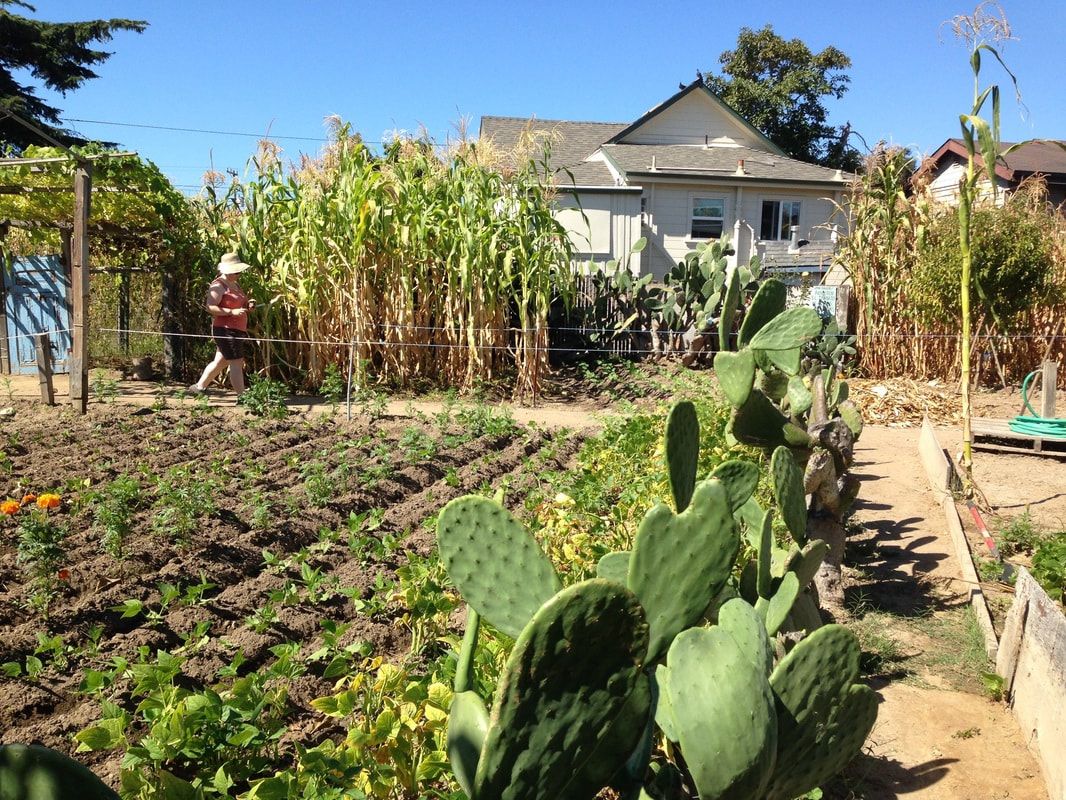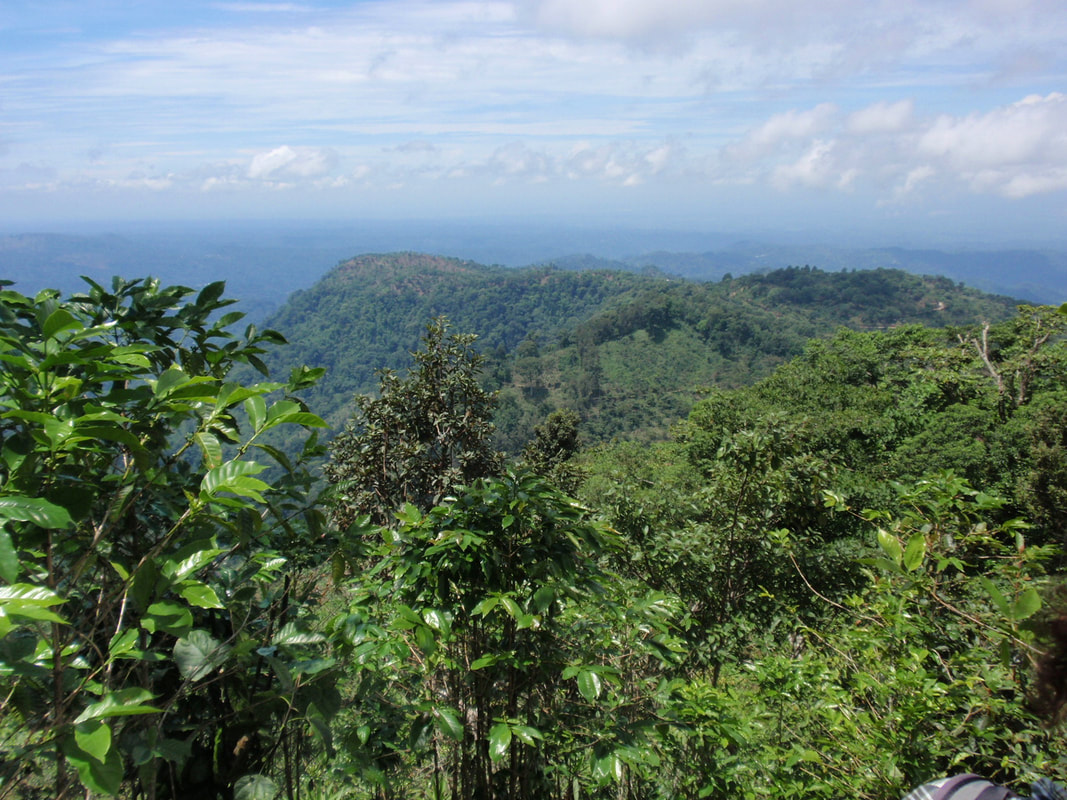Urban agroecosystems are increasingly important for biodiversity conservation, fresh food access for people, and improving global agricultural sustainability. Understanding the way that these agroecosystems function is thus paramount to science and society. However, most of our scientific knowledge of agroecosystem ecology is in rural agricultural systems. Our interdisciplinary research team uses urban community gardens as a laboratory for scientific investigations to unravel complex ecological relationships, and as a classroom to teach student scientists and citizens about agroecology. Our research in urban agroecosystems takes place in 25 gardens in the California central coast that vary in local management practices and surrounding landscape characteristics. We investigate the ecological interactions and processes in urban gardens that provide ecosystem services like pollination, pest control, and climate regulation and also benefit human well-being. Our vision is to build a scientific understanding of urban garden ecology, to disseminate management information to urban gardeners, and to improve urban agricultural sustainability for people and the environment. Read more about our urban garden research at https://www.urbangardenecology.com/.





